For decades, we’ve been buying products based on their form and function: we’ve been wearing clothes that look and make us feel good, we’ve been driving cars that meet our lifestyle needs, we’ve been shopping for furniture that fits our spaces and our comforts. Nowhere in the consumer cycle did we leave significant room to think about the source of the products we’ve been spending our cash on.
In the early 2000s, things subtly started shifting. Eco-friendliness and labor practices were, all of a sudden, making headlines, forcing us to actually consider the people that were physically making our products and the effects that their practices had on the world as a whole. Yet, although certain folks vowed to boycott companies whose processes they did not agree with, as a general statement we’ve always stayed pretty on-the-surface when it came to company background checks. As long as the Zara dress looked good on us, we closed an eye when considering the environmental impact of wearing said dress.
The history-defining things that happened this year have indirectly propelled a movement that demands companies to be on the right side of history
But, unsurprisingly, given the seismic shifts in culture that 2020 is serving, our buying tendencies seem to be deeply changing once more. The history-defining things that happened this year have indirectly propelled a movement that demands companies to be on the right side of history—whatever that side is. No longer do we only care about our shoes being comfortable and having been produced by people actually earning what they deserve for their job, but we now demand for the company making the shoe to be “woke” and not shy about it.
Many now want the Pradas and Teslas and Gaps of the world to tell us where they stand politically and, arguably, only accept their answer if it matches their own. Many have decided that a company’s ethos and a CEO’s religious, political and social outlooks are just as important when shopping as the fit of the products they are selling us. But is that a sustainable and fair outlook on the industry? Are our demands here to stay?
“I definitely notice if a company supports causes I believe in,” says creative freelancer Hana Tova. “I want to shop from them over others if given the choice. For instance, after the Colin Kapaernick ad, Nike went up in my books.” Tova also notes that, given the current political and social climate, plenty of companies might be “turning everything rainbow during Pride month” for the time being, stepping away from making similar statements throughout the rest of the year.
Eva Ganguly, a community organizer in Austin, on the other hand, decidedly abstains from shopping at places known to employ sweathop and prison labor. That being said, she understands that to shop ethically is a privilege in and of itself. “Poor folks can’t decide to abstain from shopping at big-box stores,” she contends.
Perhaps, we are more prone to denounce and stay away from certain brands if the cause that they are against hits closer to home. New Yorker Roxanne Calderon, for example, admits that, although aware of Zara’s often cited bad factory conditions, she still shops there. “Because the show will go on regardless of me,” she says. “But I guess it really has to do with how widely known those practices are and how much I care about the cause.”
A clerk on Long Island that prefers to remain anonymous echoes Calderon’s thoughts: “I think I could disagree with the owner and still use their services but if [they were known for] something really morally reprehensible and they were very consistently public about it, I might not want to support them.”
Plus-size shoppers who refrain from investing in companies whose ethos they don’t agree with might have to contend with an additional problem: not many brands carry their sizes, so avoiding the few that do might cause bigger headaches down the line. Take Reformation, for example, whose CEO Yael Aflalo was repeatedly accused by employees of fostering a racist culture within the company and refusing to promote Black workers.
“I’m at the low-end of the plus-size spectrum but knowing [about] the CEO upset me. If I could avoid that brand, I would,” says Alexandra Cornelious, who lives in New York. “Ultimately, I don’t think a company is just the CEO but the people it employes.”
As 2020 shapes up to be the year of the reckoning, plenty of companies that were previously considered “moral” are now being lambasted as anything but
Website Good on You—which ranks brands based on their impact on employees across the supply chain, their effects on the environment and their use of animals—also works off the premise that ethical shopping can be looked at on a scale. A company might not fairly compensate its workers but be mindful of their environmental footprint, for example.
Needless to say, as 2020 shapes up to be the year of the reckoning, plenty of companies that were previously considered “moral” are now being lambasted as anything but.
From Anthropologie, recently accused of racially profiling shoppers and using code words to identify Black buyers, to Salvatore Ferragamo, put on blast by actor Tommy Dorfman for promulgating a “racist, transphobic and not body-positive” work environment, plenty of fashion brands have been dealing with the repercussions of a nation-wide social awakening that demands the industry to be better.
And it’s not just the fashion sector that’s being put under scrutiny: following the Black Lives Matter protests, companies of all genres have felt compelled to be part of the conversation. Spotify, TikTok, food retailers and others posted messages of unity, often pausing the work day to highlight the importance of the cause.
We are also demanding shows of solidarity from celebrities and influencers: plenty of personalities were attacked when not uploading black boxes alongside the hashtag #blackouttuesday as part of a social media campaign promoted by activists to bring about social policy changes across the land.
Of course, this isn’t the first time that humans have been channeling their buying power to bring about change. However, it’s the first time in recent history that the message seems to truly echo across all industries. Will America change for the better? Only time will tell.

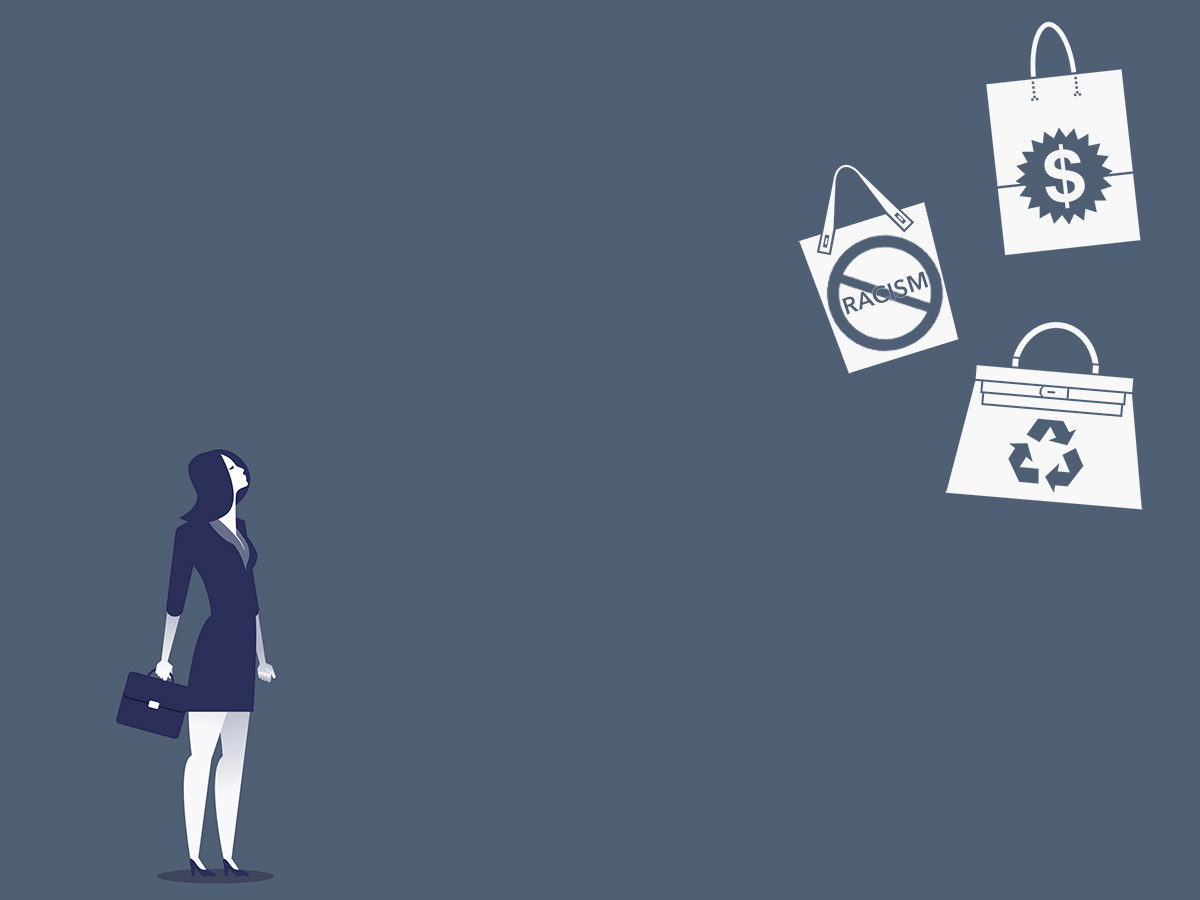
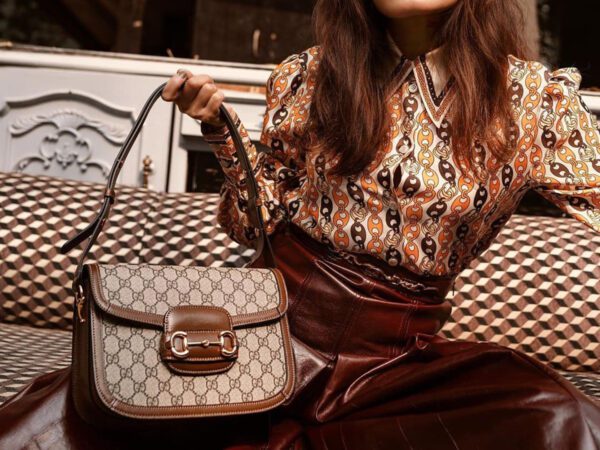

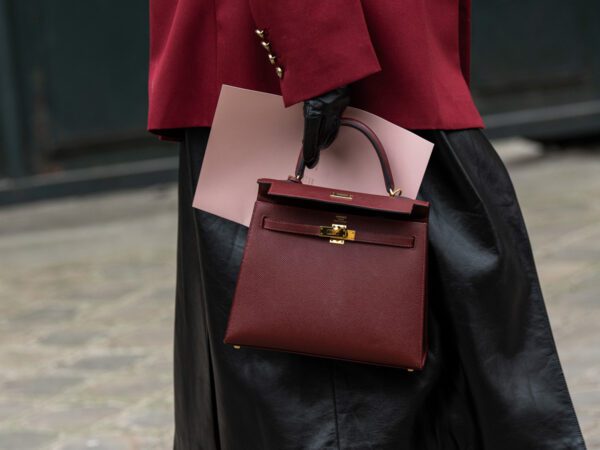
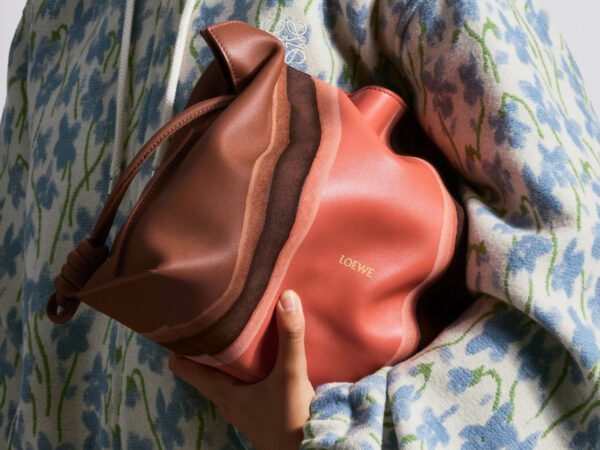
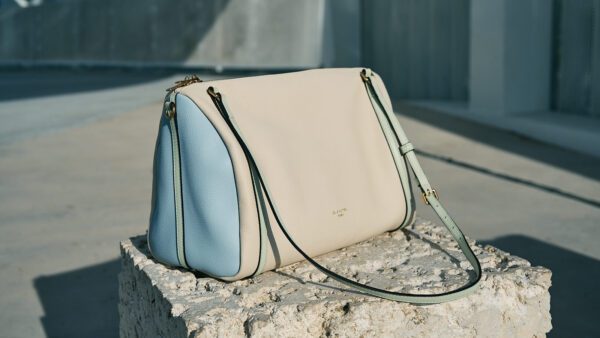
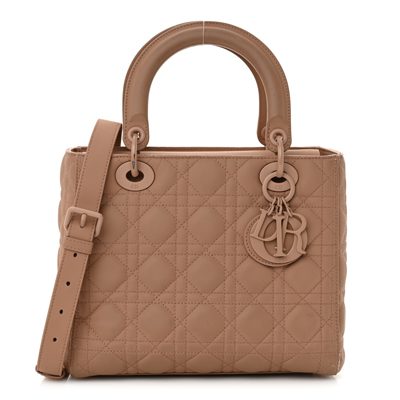
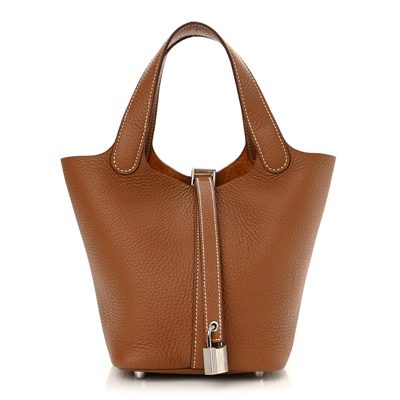
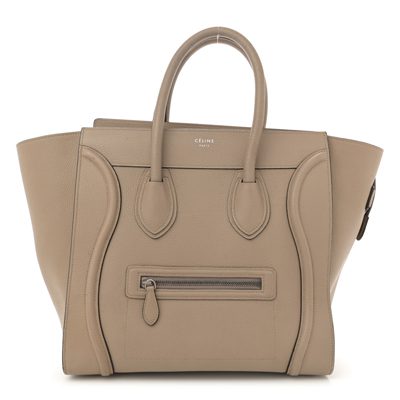

First off: Thank goodness for Good On You! I really like it. Their lists are not exhaustive but it’s been soooo useful to me!
Second: While the pandemic and #BLM helped push the brands, I think things have been slowly changing, too. Even before the pandemic the Conscious Consumers got more and more sway each season. Back when Adidas first made larger size work out clothes that was novel (I think it was 18 or 19?), now having only XXS-XXL for activewear/loungewear is a joke everybody’s demanding more.
I believe America – and the world – is changing for the better. Voting with our wallet is already difficult: fast fashion pieces are a dime to the dollar almost. An organic hemp dress costs about ten times what a Macy’s sales rack dress. Similarly, brands spend a LOT of money developing inclusive collections, the price is high, inevitably. It’s tough enough to start a small business but having to carry many hues of “nude” for shoes/underwear, or having to start with 8 sizes instead of 4. And yet, more and more conscious brands are popping up and staying in business. So if all this investment is being made by companies and consumers alike, I highly doubt we’ll go back on it.
Then again, crazier things have happened! I remain cautiously optimistic about sustainability and inclusivity in fashion because of the consumers.
Absolutely. As a consumer my dollars speak louder than my words. I refuse to shop fast fashion and other unethical businesses ( including luxury houses who are not immune from these practices). However, I am keenly aware that this is my privilege and choose to do so quietly so I dont offend others in my social circle who can’t make this choice due to lack of stable income.
I don’t think so, I want things I like and I don’t necessarily need politics in everything – maybe I’m not woke enough but I can’t possibly fathom thinking about the brands ethos prior to making a purchase.
I think it was strange when houses such as Burberry and Chanel stopped the use of fur and exotic skins – a brand exists to serve its customers & there is a demand because the prices on the secondary market sky rocketed and the brands are not profiting.
we should all do things that make us happy and if a brands ethos is something you care about – great – you do you!
Everyone should have equal rights and better pay and working conditions but it’s a little bit much if every decision I make is governed by that – id have to get rid of all my apple products
I too buy what I like and ethos depends on the product, not the company. I have no desire to politicize every aspect of my life!
Take Fendi furs: occasionally I view them on the website, marveling at their beauty plus the creativity and skill that went into them. I’d never buy one because i won’t wear fur plus I could never afford one.
I caution people in taking a moral high ground…those jeans you bought from your ethical brand needed 3500 liters of water to produce.
Wow! That’s a narrow minded viewpoint…only thinking about yourself and your needs. I hope that you are in the minority. ?
Yes, I think that it is important that leather or other animal products comes from animals that were raised and treated well. Some companies live up to that more than others. There are also animal derived products that I would never buy, or would prefer to buy, depending on the animal. For example I would never buy pigs leather or meat because most pigs are being breed and kept under horrible conditions. In that case I prefer sheep leather because they mostly spend their lives outdoors being quite content from what I’ve seen.
I will be more mindful in the future. But to be honest, when boycott some brands will not help factory workers so much. I used to work in those factories, we didn’t work on specific brands. We have orders from several brands and one brand lower their orders, we have less jobs to do and there for less salaries. You have no idea what different 10$ would make for their lives.
Anyway, I think I will be spending my money more on tailor made clothes. Not only that I look better in them, I also feel better knowing that my money would help certain people.
It’s mindless and irresponsible to just buy into a company and not care about their ethics and where it stands. Granted, we won’t know how EVERY company feels on social issues, and on certain issues it’s okay to disagree and still spend your money there. However, I will not spend my hard earned money on a company that can disregard issues on humanity. And a lot of these billion dollar companies control the government, hence control what’s going on in the communities. And putting your money into a company or fashion house that is known to use prison labor, make harmful products, is racist or just make the work environment stressful for employees, I can’t support if I am AWARE of it. Still to this day it’s hard for me to buy any Gucci and Prada accessories. Which sucks cause Gucci has BEAUTIFUL handbags. I know there was an apology so maybe overtime I can get over it.
It does to me. I may not know everything about every brand, but I try to stay informed. It’s our duty as consumers. If I find something out, I am unable to look at a brand the same way. That’s the price companies pay selling non-essential luxuries.
I buy what I like and can afford. I don’t buy secondhand for any ethical reasons. I do it because that’s what I can afford.
It may not be politically correct, but I don’t allow things like this to run my life. I think that everything has a place in society, and some people don’t have the luxury to think about how their clothes got on the rack. I grew up in, lived in, and now work in a very poor, urban area. Fast fashion has a place in their lives because an $8 t-shirt is what they can afford. A $99 t-shirt is not on the budget. They have to choose between the shirt and putting food on the table. $99 buys a lot of groceries.
Some people need to get out of their little bubble and think about others outside of their socioeconomic status. There has to be a market for everyone. What are people supposed to do…run around naked?
The thing is, although what you say depicts a reality, fashion and fast-fashion have an extremely important impact on environment, and as far as the planet is concerned, we are all in this boat together. But I agree : these people do not have the luxury to act any other way. Change should first come from the people who can afford it.
I just buy what I like , and what fits. I am 00 and tall, so it’s hard enough to find anything small enough/ long enough. Brands that cater to that, I will buy. Unless they are trafficking children, running sweatshops or overtly abusing animals in the process of production, honestly I don’t care. Country of origin, skin color of the designer, sexual orientation of the designer, political correctness or sustainability are unlikely to cross my lens when picking out something to purchase. Every almond produced in California uses 1.1 gallons of water, for instance, and I buy a gajillion of them at Costco ever month. So every positive action has an unintended consequence (negative reaction). Honestly, I just don’t have the time, or really care.
I don’t think consumerism needs to be political. Plus I understand that a company’s beliefs are their marketing message and not reflective of everyone in the company. If a company has a great sustainability policy, or they give back to the community, it is more of a nice to have than a have to have.
Amazon has had many high profile articles talking about the poor working conditions in their warehouses in the US and globally. Same with Apple and their factories in China. It does not appear to affect their bottom line. However, I have noticed Amazon’s series of ads showcasing the benefits of working for them. They must be somewhat concerned about how they are perceived.
I’m lucky and privileged enough to pick and choose which brands I give my money, from grocery stores to fashion houses. It’s an ongoing process but I have no issues with blacklisting a brand that is known for discriminatory practices or factory/labor issues. If that means I have to buy a tee shirt for $200, that’s ok. I can have 5 tees on rotation and do more laundry. I’m not knowingly supporting idiots with my hard earned money.